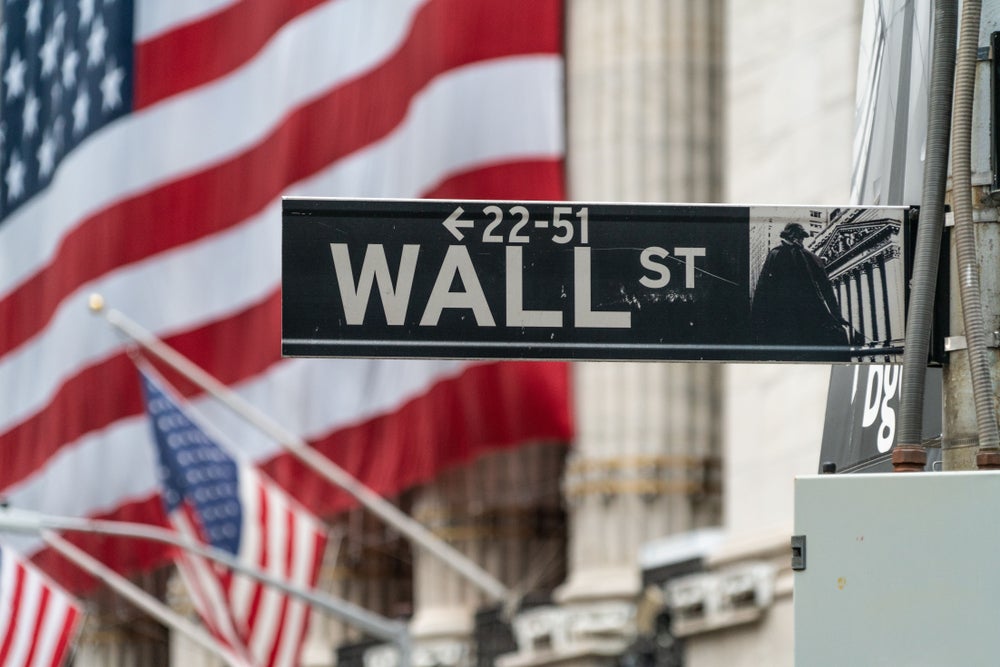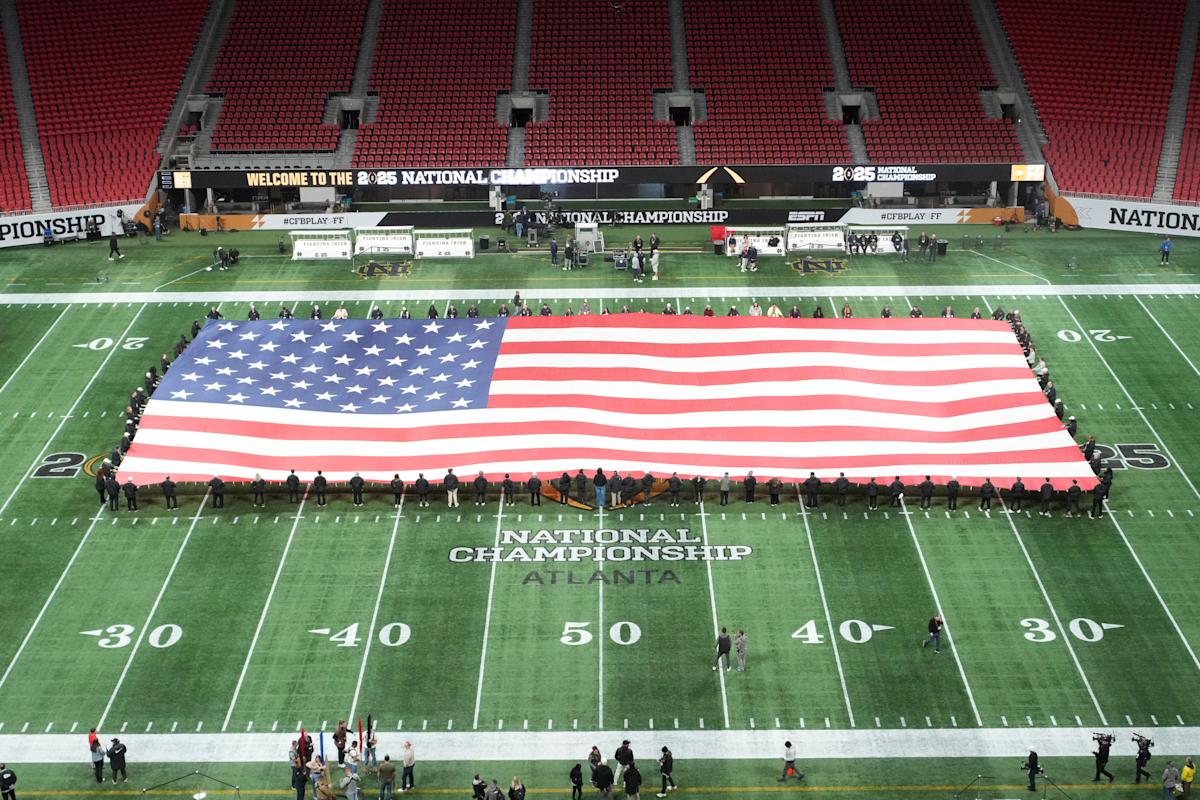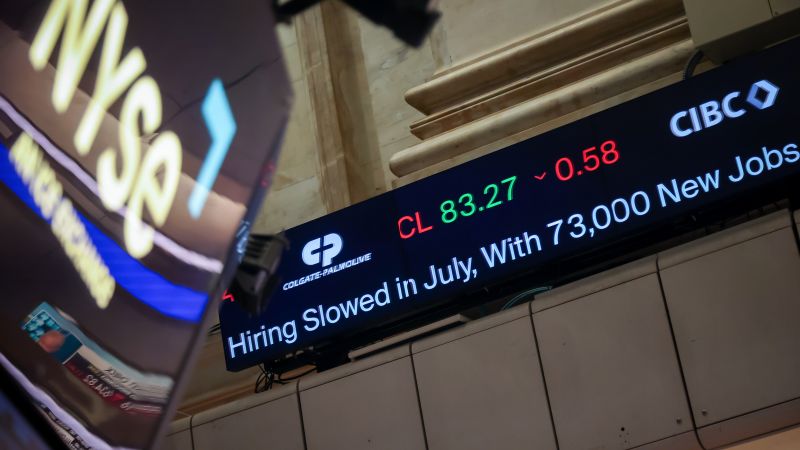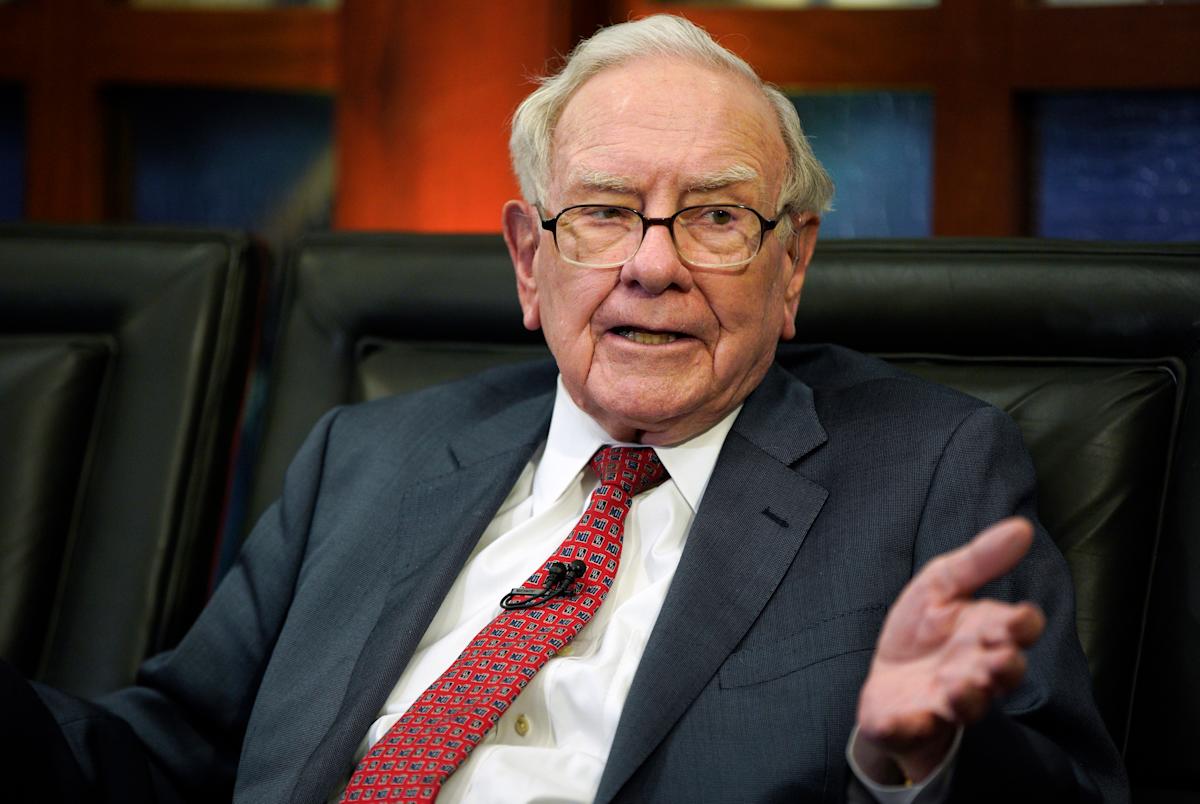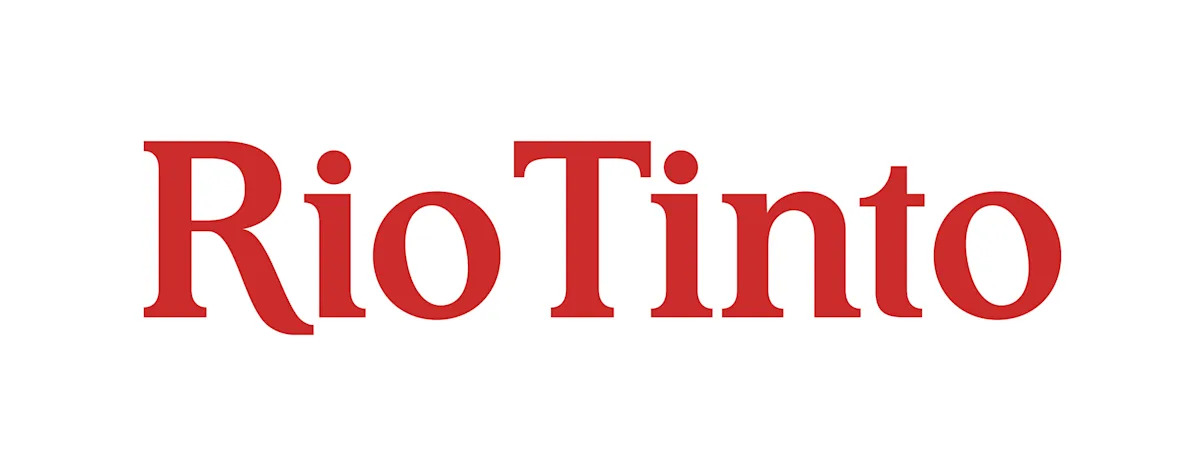U.S. Retail Sales Slump Amid Tariff-Driven Uncertainty

Retail Sales Drop Following March Surge
April retail sales posted a modest 0.1% increase, significantly lower than March's robust 1.7% surge, as reported by the U.S. Census Bureau. The sharp deceleration highlights the impact of consumers advancing their purchases in March to avoid anticipated tariff hikes. Sectors such as motor vehicles, which saw a notable decline of 0.1%, underscore the waning momentum after March's pre-emptive buying frenzy. Economists had forecasted a 0.2% increase for April, but the actual figures fell short, reflecting the underlying uncertainties in consumer behavior amid trade tensions.
While discretionary categories like restaurants and bars displayed resilience with a 1.2% rise, other areas, including clothing and sporting goods, reported declines of 0.4% and 2.5%, respectively. This uneven performance across sectors signals a cautious approach by consumers as they grapple with higher prices and economic unpredictability.
Economic Impact of Tariff Policies
The Trump administration's tariff policies have left a pronounced mark on the retail landscape. The imposition of a 25% duty on auto imports in April caused a significant pull-forward in demand during March, leading to weaker sales in subsequent months. Retail categories sensitive to price changes, such as sporting goods, saw notable contractions, with a 2.5% decline in April. Similarly, department store sales dropped 1.4%, highlighting the broader repercussions of trade uncertainty on consumer spending habits.
Trade policies have also eroded consumer confidence, as evidenced by recent sentiment surveys indicating growing pessimism about the economic outlook. Higher costs on imported goods, coupled with inflationary pressures, are weighing heavily on household budgets. Retailers, in turn, face a challenging environment, with many forced to raise prices to offset rising import costs, further dampening demand.
Future Outlook on Consumer Spending
Economists project that consumer spending could face additional headwinds in the months ahead as tariff-induced price hikes filter through the economy. With consumer spending constituting nearly 70% of GDP, any prolonged slowdown could have significant implications for economic growth. The 0.2% decline in core retail sales for April, which excludes volatile categories like autos and gasoline, is an early indicator of potential challenges ahead.
Higher import costs and ongoing trade uncertainties are expected to curb discretionary spending, particularly in sectors like travel and entertainment. Additionally, while wage growth and a strong labor market have provided some support, their effects may not be sufficient to counteract the broader economic pressures stemming from tariffs. Analysts warn that the "front-loading" of purchases seen in March could lead to a natural pullback in spending in the coming quarters, further dampening GDP growth prospects.
 Sources
Sources- Americans pulled significantly spending higher tariffs took effect April | CNN Business
 cnn
cnn - retail sales barely rise April
 yahoo
yahoo - Retail sales slow April spending splurge Americans sought front-run tariffs
 yahoo
yahoo - Retail sales slow sharply April pre-tariff spending burst reverses
 yahoo
yahoo
Top News
Related Articles
- Americans pulled significantly spending higher tariffs took effect April | CNN Business
 cnn
cnn - retail sales barely rise April
 yahoo
yahoo - Retail sales slow April spending splurge Americans sought front-run tariffs
 yahoo
yahoo - Retail sales slow sharply April pre-tariff spending burst reverses
 yahoo
yahoo
People Also Watch











